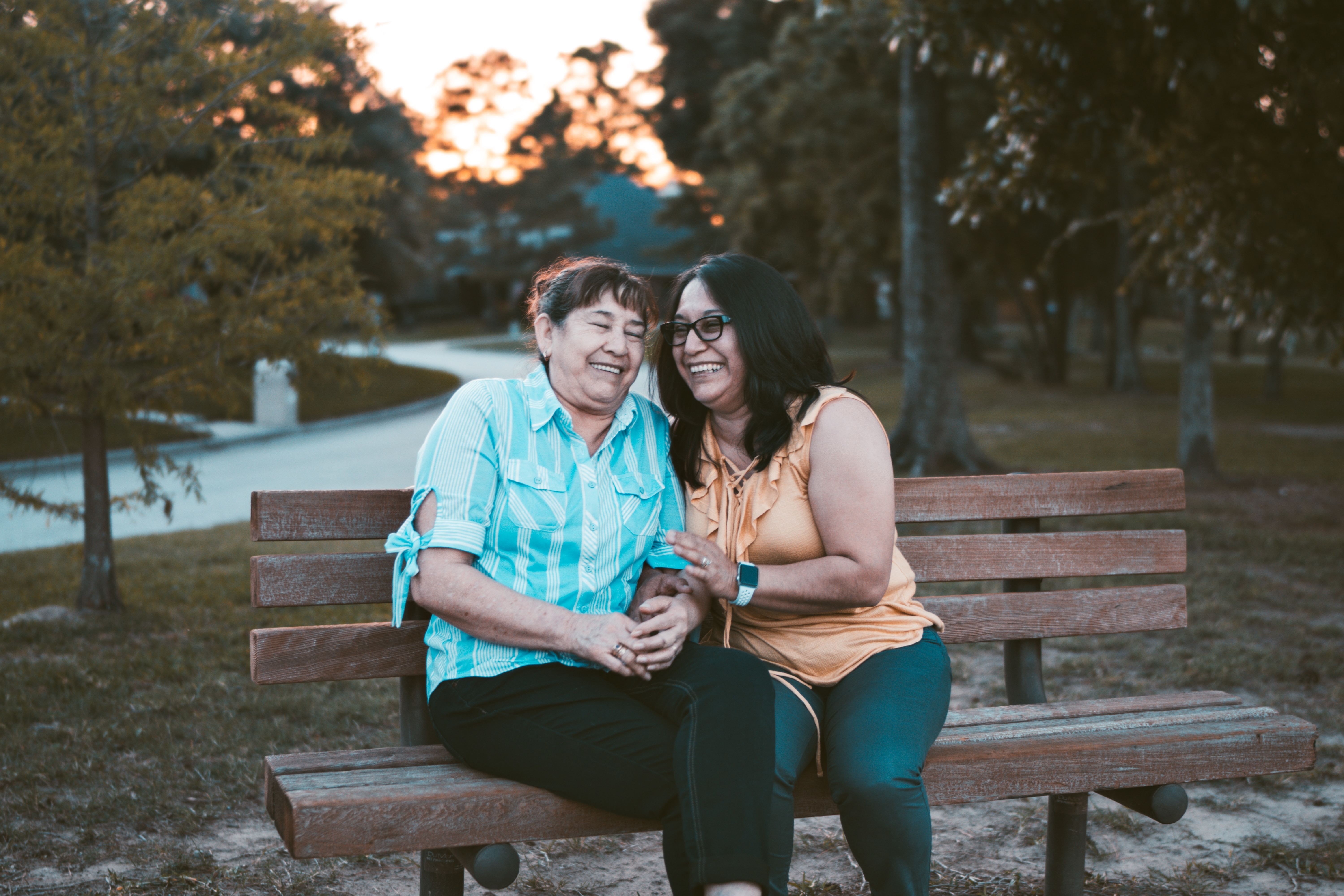Patient Testimonial: Maureen Gill
According to Dr. Chadwick Johr of the University of Pennsylvania Sjögren’s Center, one third of Sjögren’s patients have or will be diagnosed with a second autoimmune disease most commonly thyroid disease, rheumatoid arthritis, or lupus but there are many other autoimmune diseases as well that may be activated. We asked long time member of the SjSC, Maureen Gill, who has both Sjögren’s and Primary Bilary Cholangitis to share her story.
I was first diagnosed with Primary Biliary Cholangitis or PBC in 2006. My family doctor informed me at my annual check-up that my liver enzymes were elevated, particularly the Alkaline Phosphatase. I was seen by an Internist and Hepatologist the following week. After reviewing the Internist's bloodwork results as well as his own, the Hepatologist told me I likely had PBC with a possible crossover with Autoimmune Hepatitis. The PBC diagnosis was confirmed by a positive antimitochondrial antibody test (AMA).
I was started on a biliary acid medication called Ursodiol and I underwent an esophagoscopy with duodenal biopsy to rule out Celiac disease, which sometimes accompanies PBC. I had problems recovering from the sedation used during the scoping procedure, so I subsequently had a liver biopsy done for staging. I was disappointed to receive the news that I was in stage 3 at my follow up appointment because other than periods of unrelenting fatigue and intense itching of my forearms (which were soothed only by ice packs), I really felt quite normal. I did have dryness symptoms such as dry eyes and dry mouth and occasional brain fog, all symptoms common to Sjögren’s, but I assumed these were caused by my working 12 hour shifts as a nurse in a Paediatric setting.
My liver enzymes improved after a few weeks of treatment, and I was followed up annually by my Hepatologist.
PBC is a chronic, slowly progressive autoimmune condition that causes inflammation of the cells lining the small and medium biliary tracts within the liver. This eventually leads to a reduction, or stoppage of the flow of bile, known as cholestasis. This can lead to scarring and fibrosis within the liver structure eventually ending in cirrhosis and liver failure. Most patients are aged 30-65 years and 75% to 90% of PBC patients are women. Hormones are thought to be involved in the development of the condition. There is also a familial component with a genetic basis. Many patients report having had frequent urinary tract infections and there is a possibility that phthalates in cosmetics, smoking, chemicals, and viruses may trigger the disorder in genetically susceptible individuals.
My PBC has slowly progressed. I am now in early stage 4 (compensated cirrhosis) and was recently approved to start a 2016 FDA approved medication called Obetocholic Acid (Ocaliva). A lesion was found on the upper portion of my liver in 2016, which was initially diagnosed as hepatocellular cancer, but serial MRI's have ruled this out and the lesion has not grown in size. I am now followed up a little more closely with blood work, ultrasounds, fibroscans and hepatology appointments. I'm delighted to say that my liver enzymes have recently returned to normal since taking Ocaliva, the first time in 15 years, so I am feeling very hopeful!!
I suspected I had Sjögren’s quite a number of years ago. I joined the support group in London, and thanks to the support group leader Lucy Sollazzo's advice, asked my family doctor for a consultation with Dr. Arthur Bookman, a Rheumatologist and Sjögren’s specialist in Toronto. I was finally diagnosed approximately 6 years ago.
My advice to those with Sjögren’s and associated autoimmune diseases is to be kind to yourself. Pace yourself. There will be days when you just can't achieve the goals you've set for yourself and that's perfectly OK. I follow a gluten-free, anti-inflammatory diet and exercise daily, which appears to help. Keep socially active, volunteer if you're able and join a support group. I also find being well informed and politely proactive makes me feel more in control of my life.


